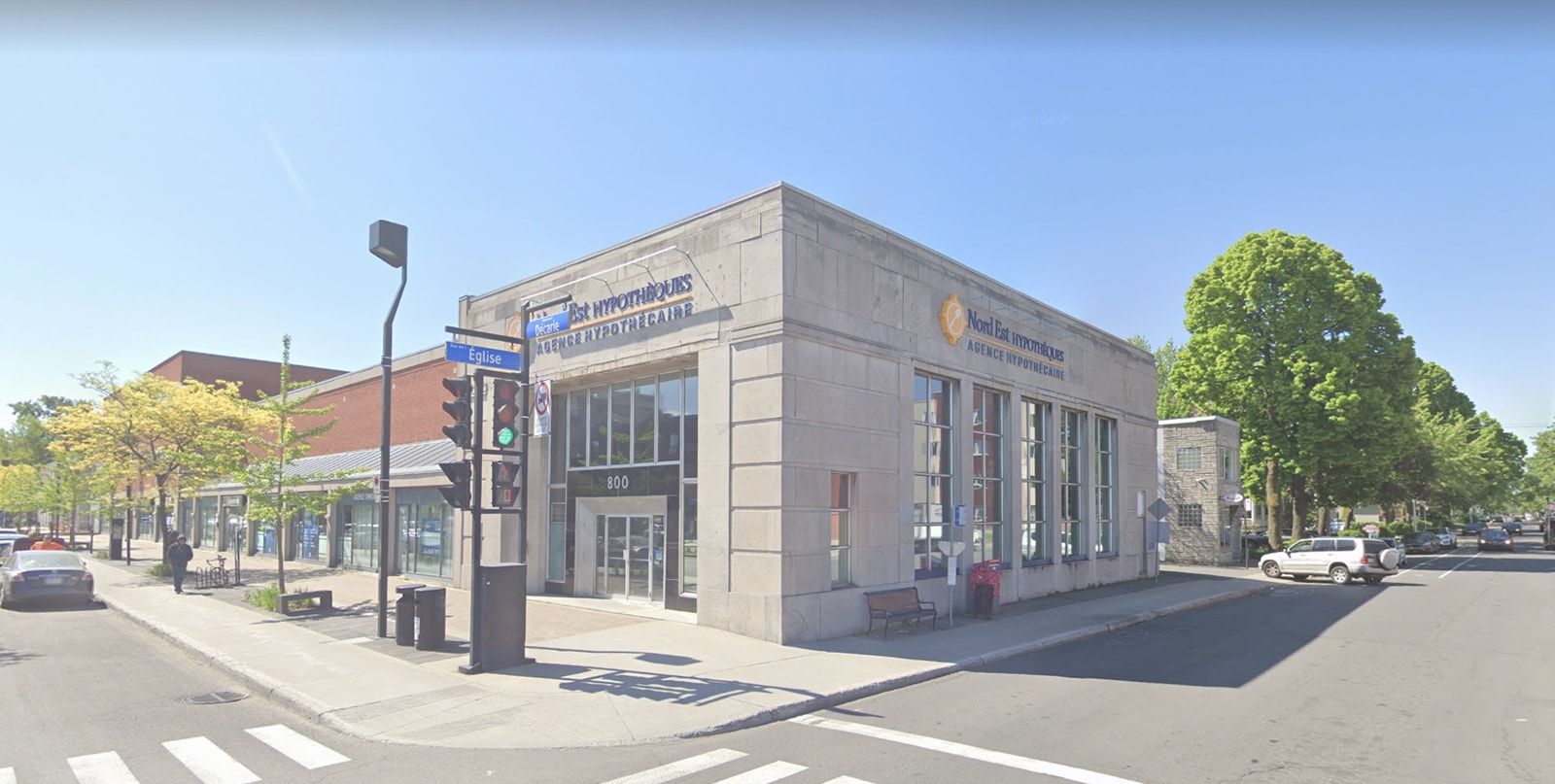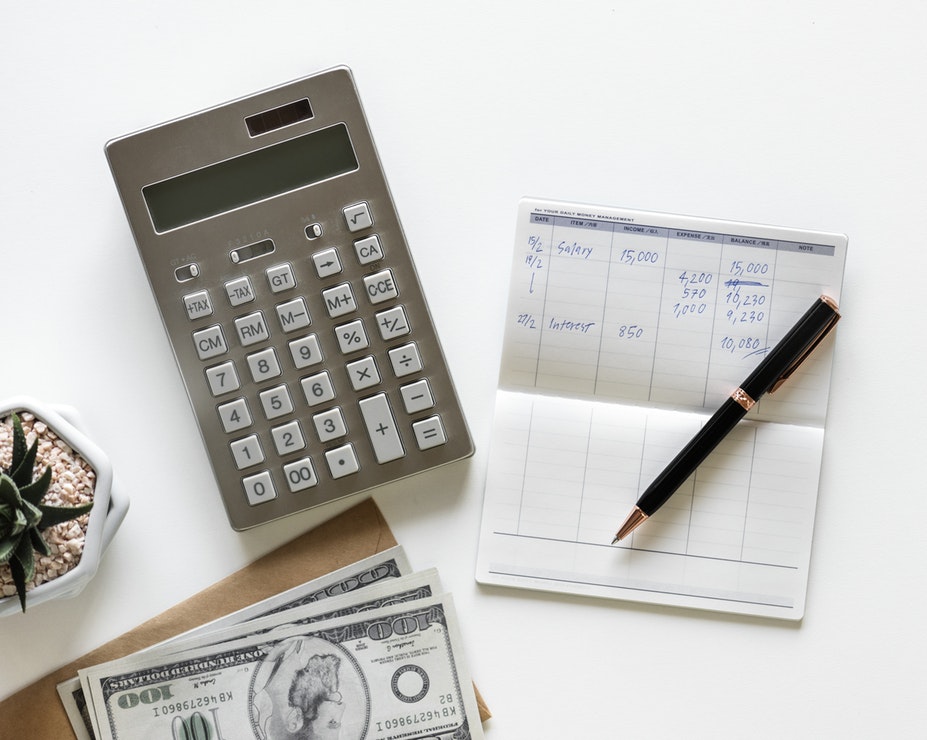Now that January is done with, it’s time to reassess those New Year’s resolutions. How are your financial goals doing?
If things haven’t gone quite as you like, and you’ve found yourself this year facing a mountain of debt you don’t think you can tackle, it might be time to consider refinancing your mortgage.
This isn’t about debt consolidation like you see on TV; we’re not looking to make a deal with credit card companies. We’re looking to take the long-term, low-interest debt you already have, and use that to get you out of a toxic debt spiral.
This will increase the size of your mortgage, but it will also remove those toxic payments from your monthly bills. No more two-digit interest rates compounded daily, like on a credit card. Functionally, we use the new mortgage to pay off the first mortgage you had, then use the balance left over to pay off your other sources of debt.
Let’s give you a quick example: Say I’ve got a client whose mortgage is up for renewal. We’ll call him Dave. Dave has got 20 years left on the mortgage and owes $298,000, and is paying $1,636.67 a month.
At the same time, he’s got $26,000 in credit card debt, costing him $780 a month, and two years left on a car loan worth $10,000, which costs him $385 per month. Added to that is a line of credit of $10,000 where he’s paying interest of about $300 every month.
So in total, Dave has $344,000 in debt, that he’s paying $3,101.67 monthly to service.
What a broker like me can do for Dave is restructure all of that toxic debt—the credit cards, the line of credit and the car—and wrap that all up in a refinanced mortgage.
The new mortgage would be for $345,000, with an estimated monthly payment of $1,720.66. Because Dave has refinanced, he’s now saving $1,381 every month. That’s about $16,000 saved every year! This has given him some breathing space to get a handle on that debt. It also gives Dave the chance to put some of all of that money into RRSPs and other investments, which will give him even more money down the road.
That’s one of the tips I give my clients to keep them from falling back in a debt trap. It’s not just about reducing your monthly payments, it’s about getting that money you saved to work for you. Because, remember, even though you are saving money every month, you’ve still increased the size of your mortgage.
If you’re just buying a home, and want to keep yourself from getting into a debt trap, I have some advice: don’t feel you have to max out your down payment. One of the mistakes I see new homeowners make is putting every last penny they have to make a 20 per cent down payment. On the surface, this makes sense, because you’re trying to keep your mortgage payments low. But too often I see clients who have put all the money they had into buying the home, but when it comes time to buy things like appliances and other large items, they don’t have the cash on hand.
So what happens?
Purchases big and small end up on the credit card.
Eventually, this debt builds up. And because the interest rates are so high on things like credit cards, the debt gains its own momentum until all of a sudden it’s out of control.
This is why it’s important to leave yourself some breathing space. Not only does a new home come with new expenses, but there are always the unexpected eventualities that come along, too. When you buy a home, you should take a good look at what you need to make sure you don’t find yourself short of cash. Having low mortgage payments is good, but not if it comes at the expense of building up debt elsewhere.
Taking care of your debt isn’t just about one neat trick, it’s about being honest with yourself and trying to find out the underlying cause of the issue. You have to be able to take a hard look at your financial situation and be realistic with your spending habits. There’s no shame in overspending or having debt, but if left unchecked, it can have serious consequences.
The sooner you’re able to face up to that, the sooner you can dig yourself out of the hole.



